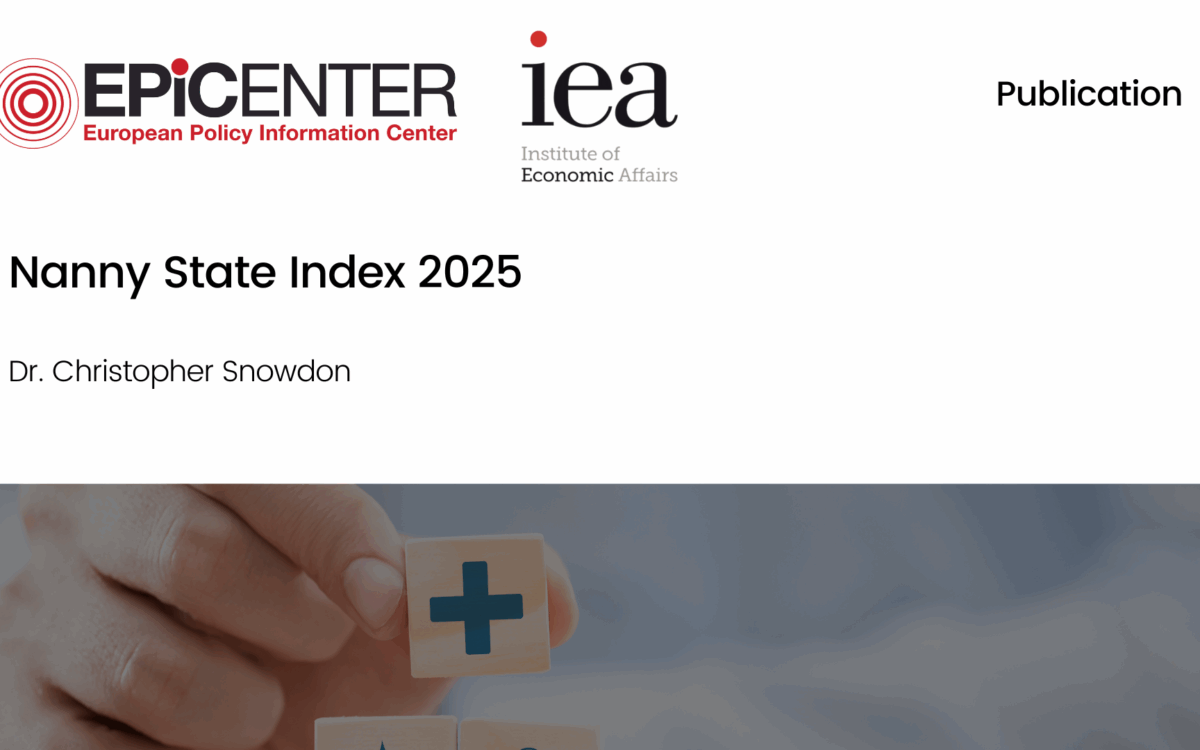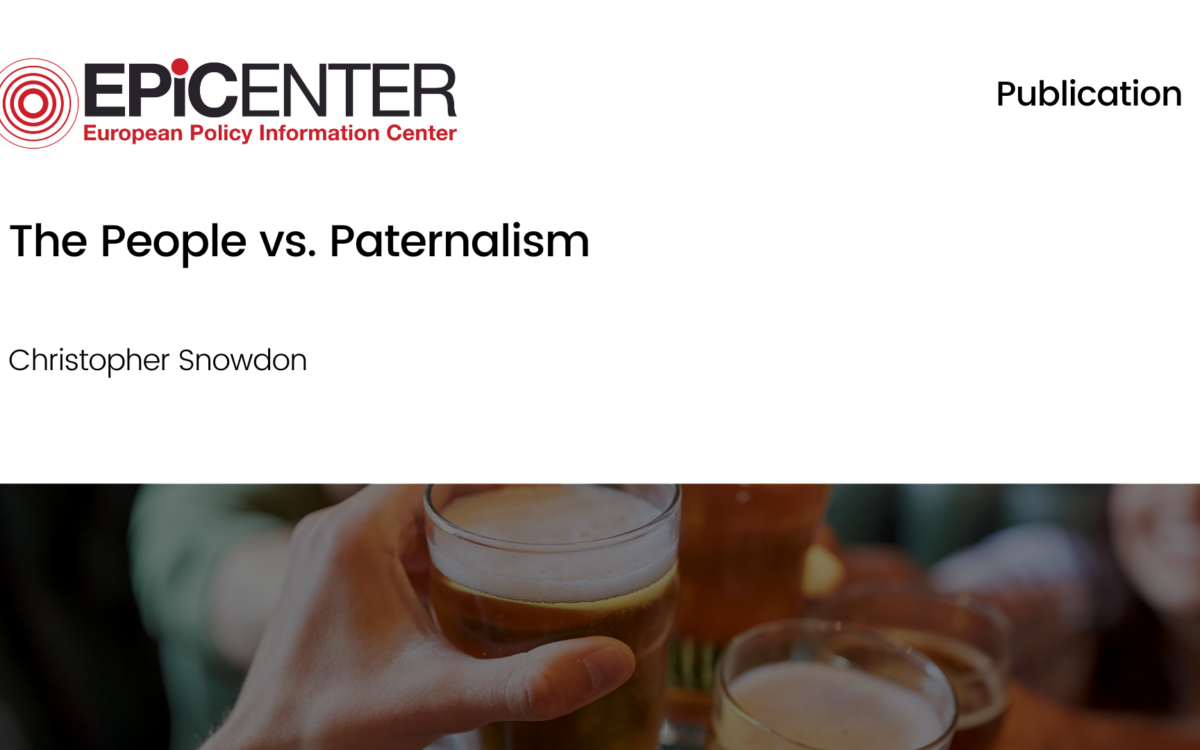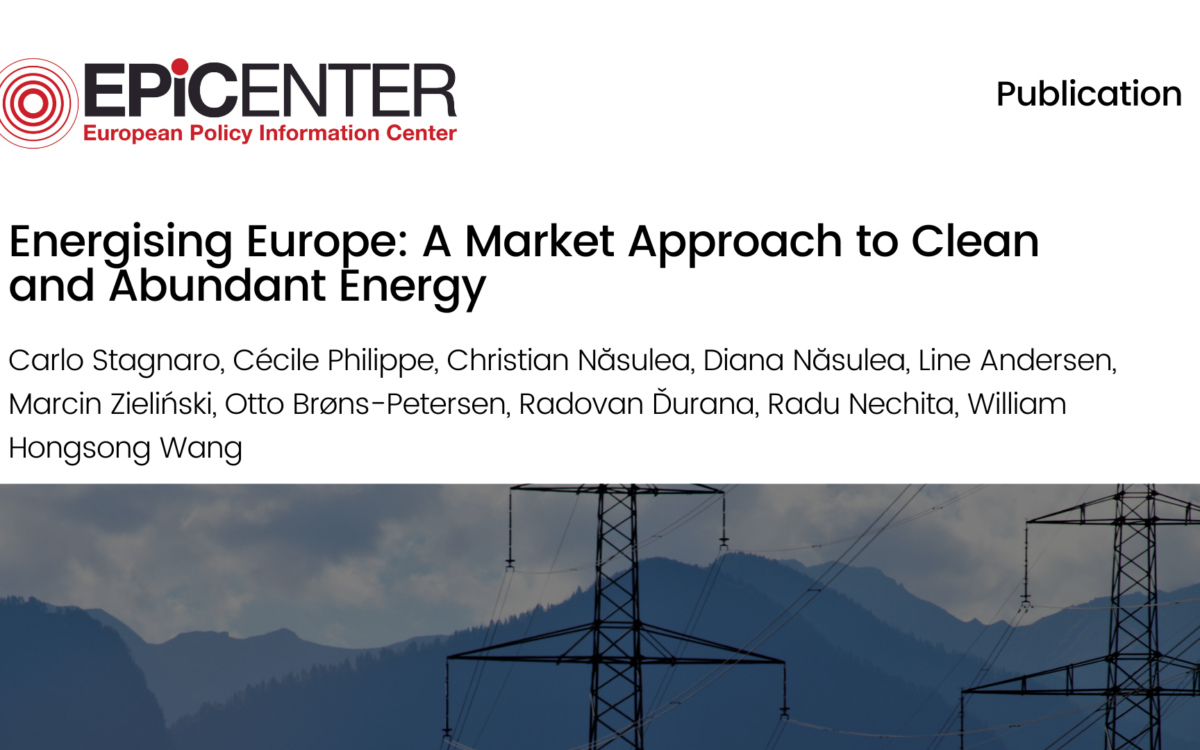The Future of EU Finances

The Future of Eu Finances
18 October 2017
This Position Paper is a response to the Reflection Paper on the Future of EU Finances by the European Commission. The goal of this Paper is to evaluate the outlook for EU Budget, its trends and ongoing discussions and to present EU budget reform solutions that would change Europe, make it prosperous.
This Paper will focus on demonstrating how the EU budget’s revenue and expenditure should be modified in order to respond to global challenges, to harmonize interests among member states, to reduce tensions during the budget’s formation and to make the budget more effective and less costly. More attention will be paid to the changes needed and their merits rather than the deficiencies of the present system.
The budget adoption process, institutional reform and the question of the budget’s term will not be addressed here. This Paper will be helpful to the EU institutions in preparing the official proposal for the EU reform and to national governments in forming their positions. It will also help the European citizens to recognize those solutions that would promote an economically sustainable Europe.
The EU budget has been a result of political negotiations and trade-offs between member states rather than a well-grounded financing scheme of generally agreed pan-European goals. The politicized use of EU funds distorts the motivation of market participants, harms free competition, impairs an effective allocation of limited resources, incentivizes corruption, contributes to higher inflation in recipient countries and brings benefits primarily to particular interest groups rather than to all EU citizens. The process of forming the EU budget faces a phenomenon known in economics as “the Prisoner’s Dilemma” where each member state would be better-off financing common goals.
Failing to cooperate on mutual goals and seeking to maximize their own benefits, member states end up in a situation where funds are used inefficiently. The EU budget’s “Prisoner’s Dilemma” may be solved by a mutual agreement that funds should be allocated only for projects that bring mutual pan-European benefit. Any other use of funds should be prohibited as it returns much lower payoffs to the people of the EU. For EU budget reform, there must be a zero baseline in the beginning, with no preconceptions regarding the principles, size, revenue sources, policies and measures of the budget.
Download or share this publication
View the PDF
EPICENTER publications and contributions from our member think tanks are designed to promote the discussion of economic issues and the role of markets in solving economic and social problems. As with all EPICENTER publications, the views expressed here are those of the author and not EPICENTER or its member think tanks (which have no corporate view).



